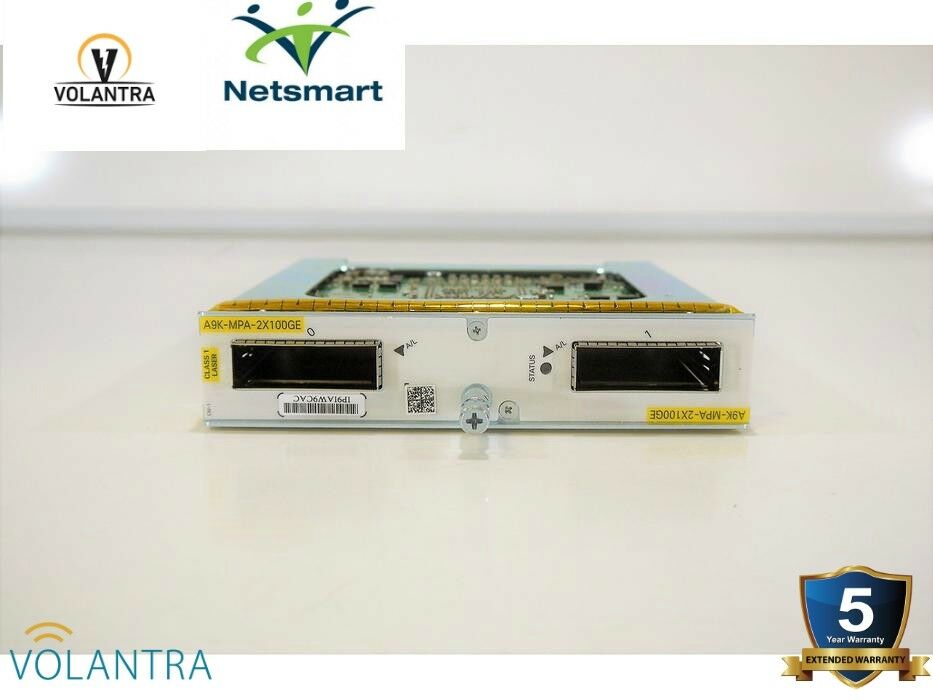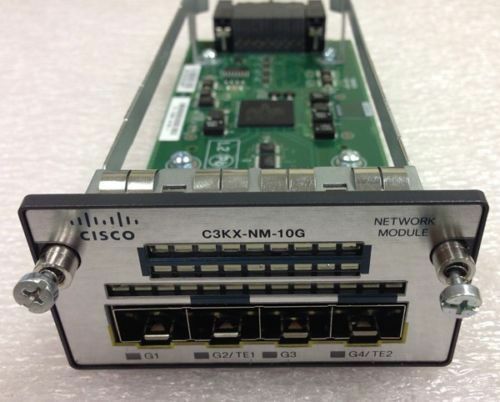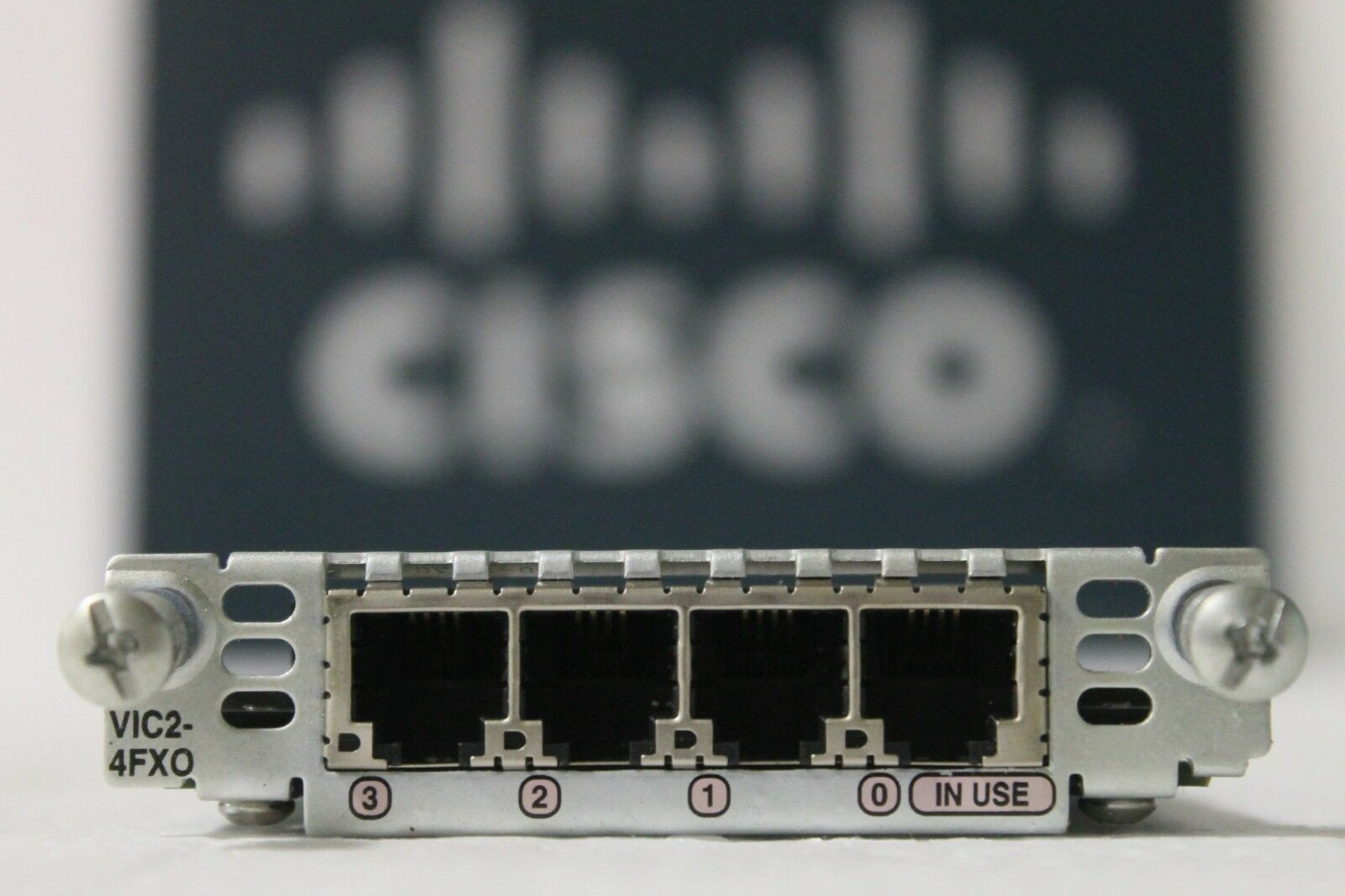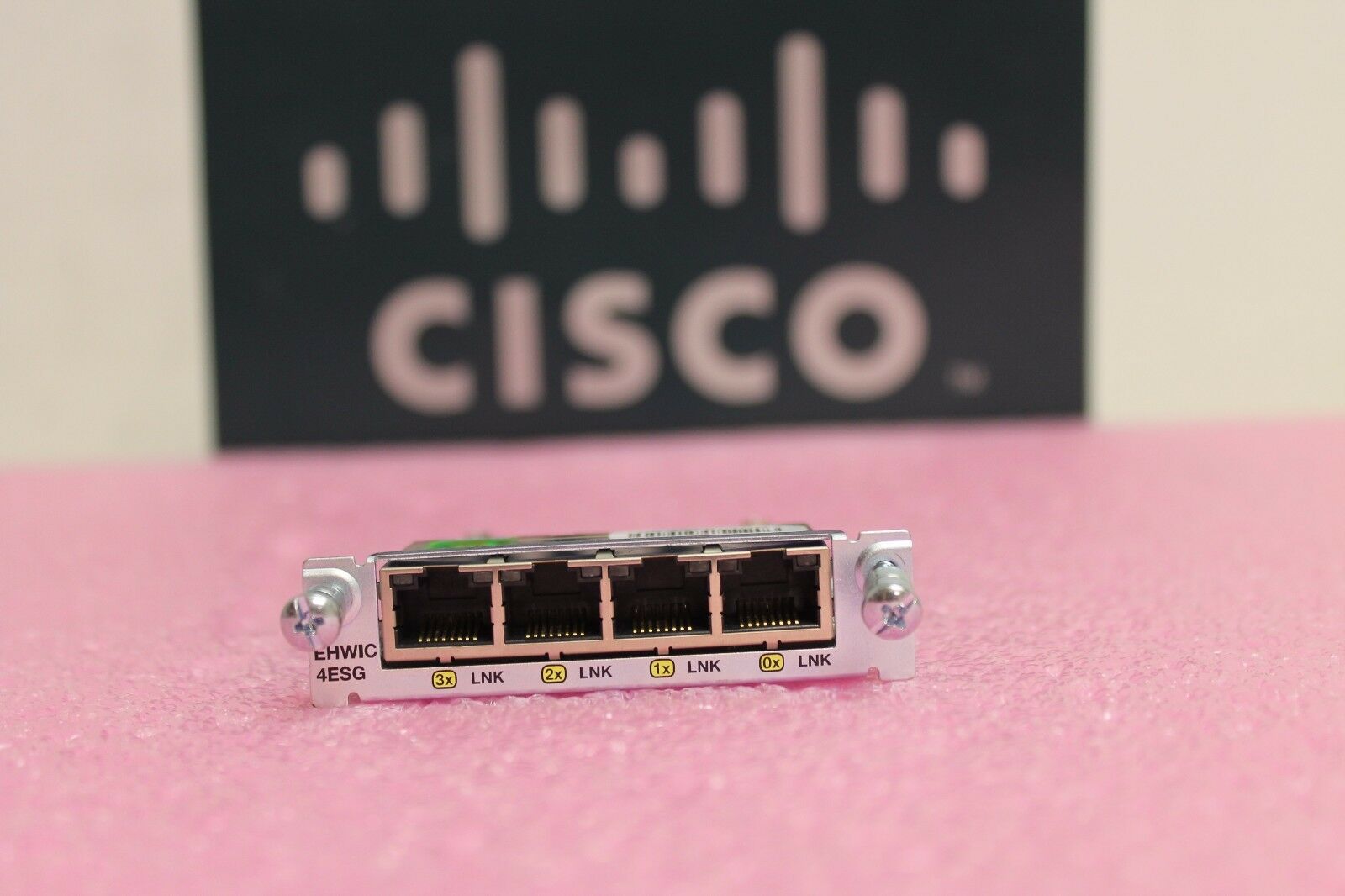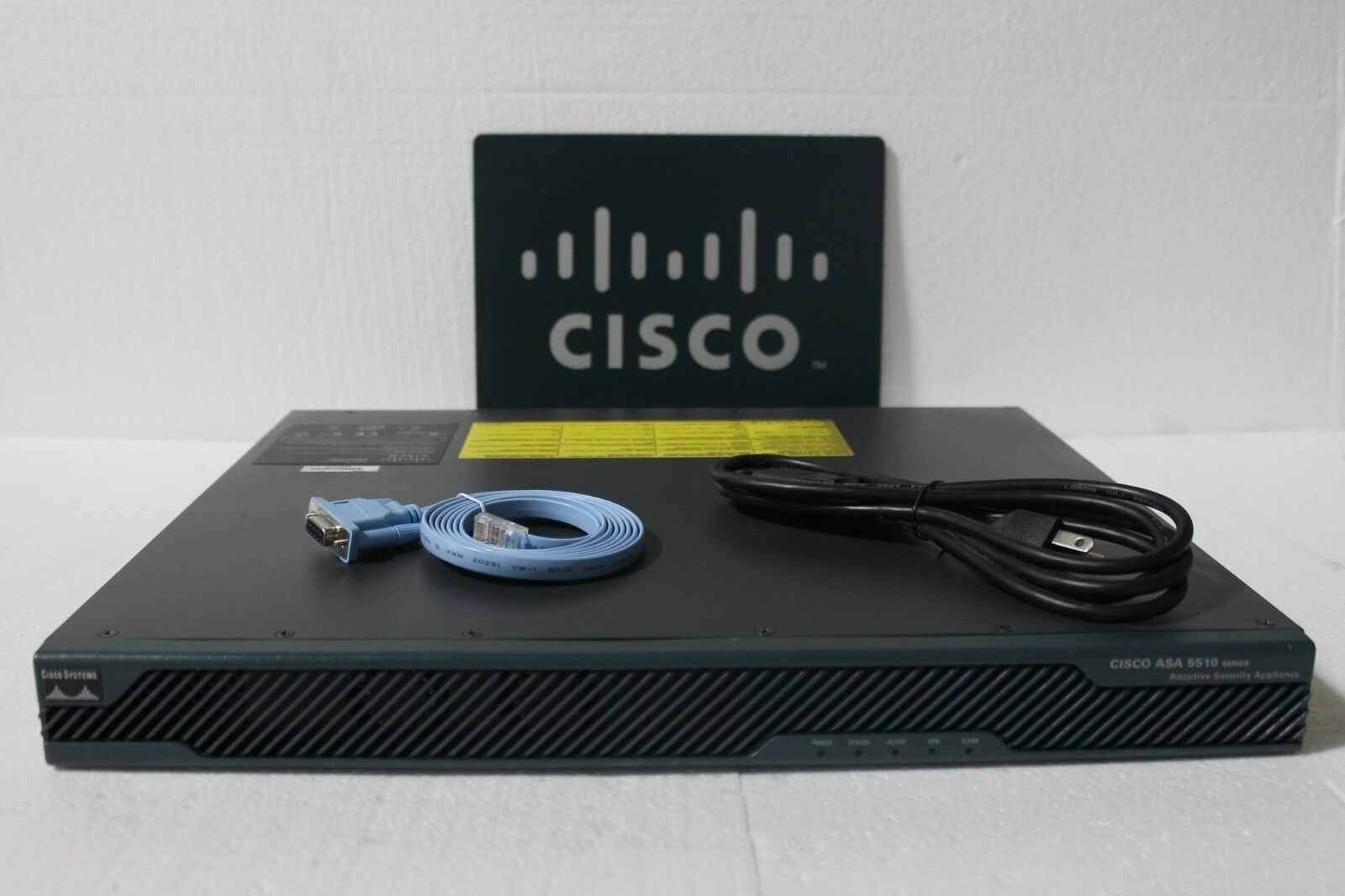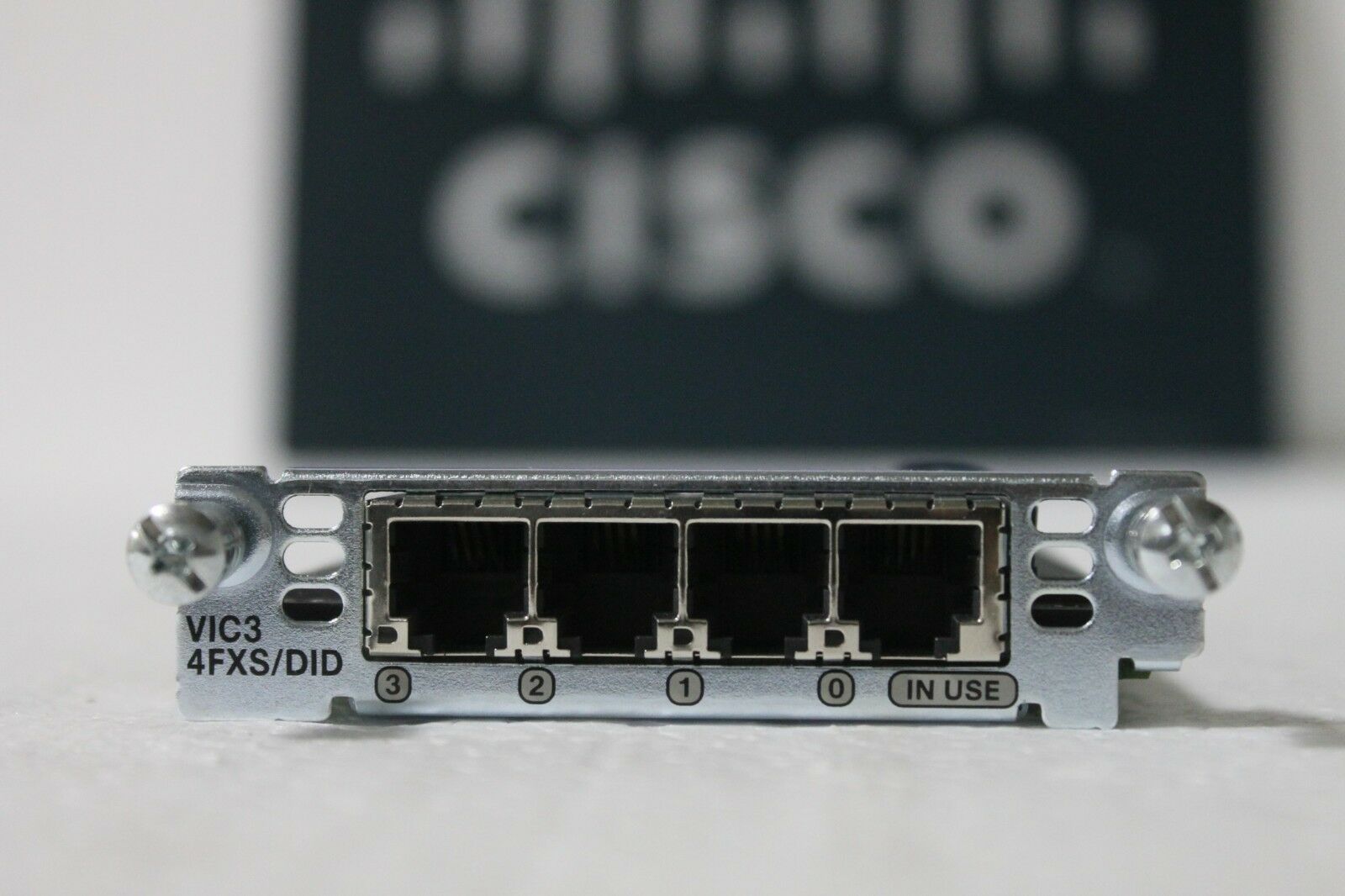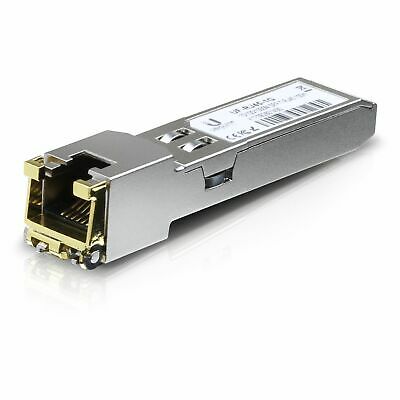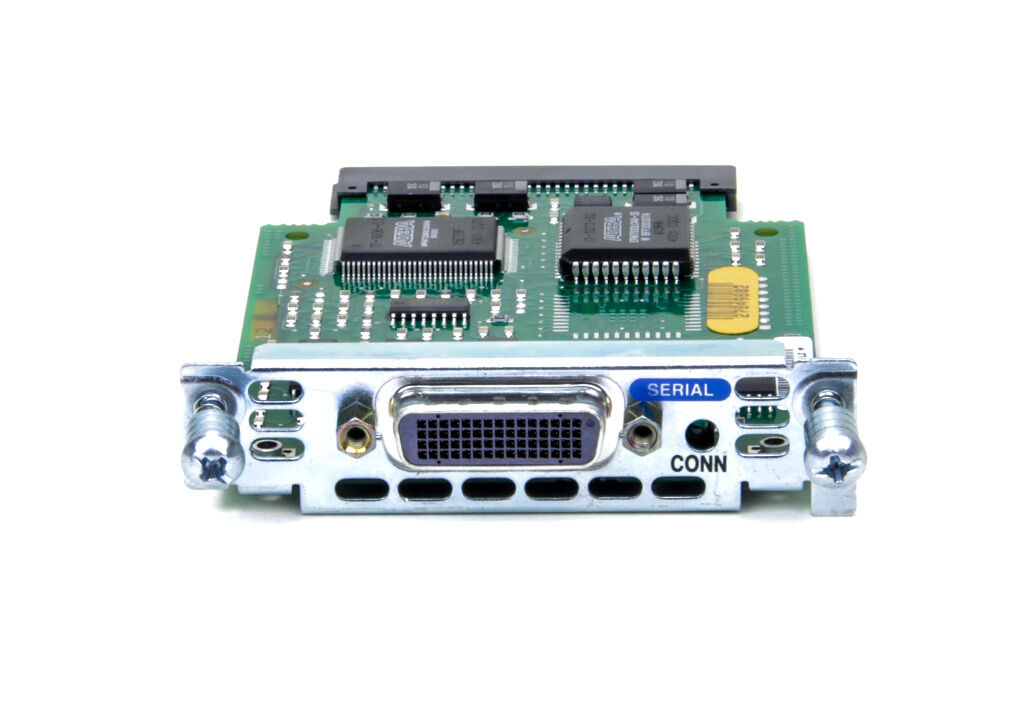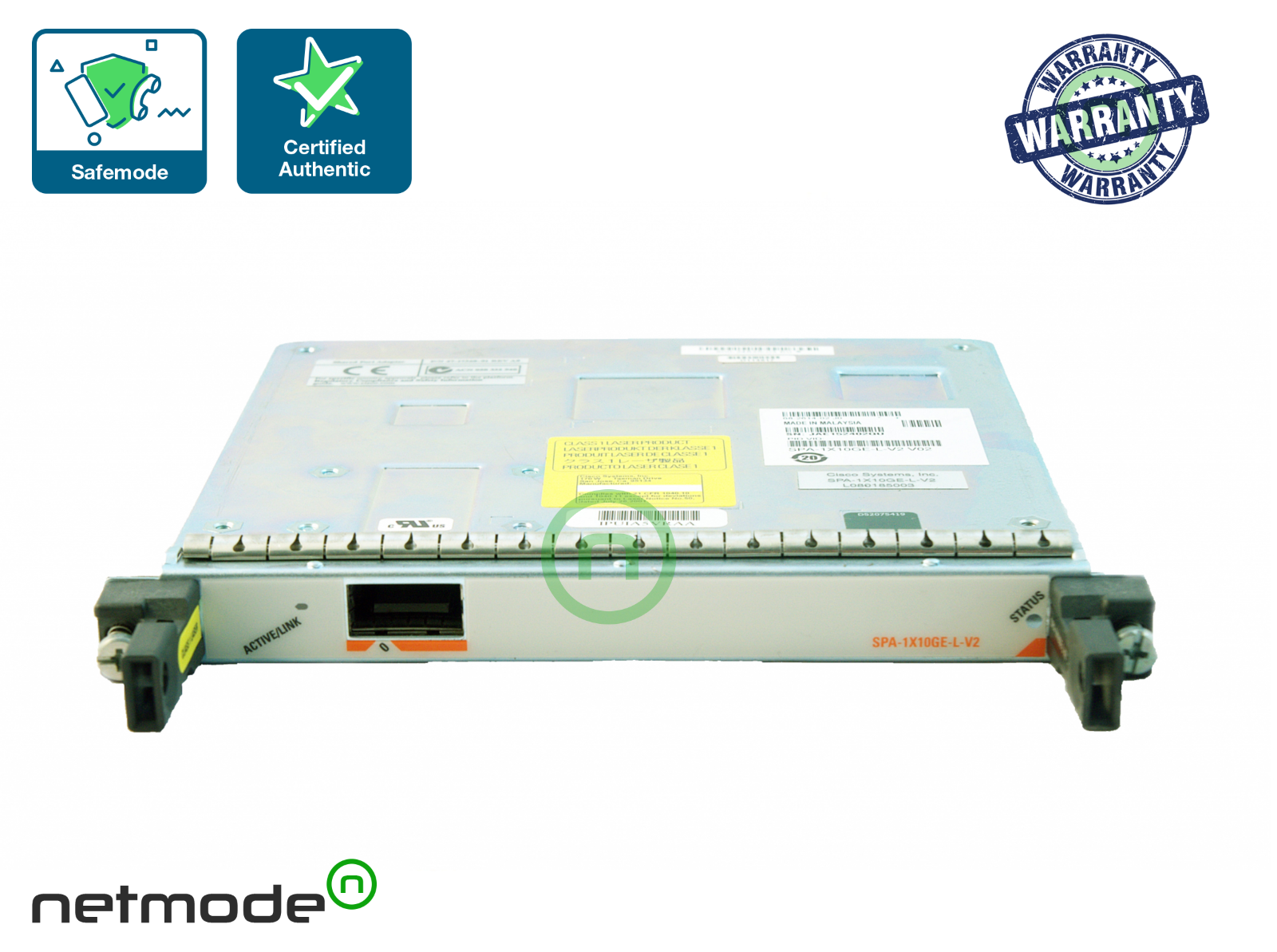-40%
Cisco A9K-MPA-2X100GE Module 2-port 100-Gigabit Port Adapter ASR 9000
$ 11708.4
- Description
- Size Guide
Description
Cisco A9K-MPA-2X100GEA9K-MPA-2X100GE have 3x units available
Product Overview
The Cisco ASR 9000 Series modular line cards provide customers with a flexible solution supporting multiple combinations of Ethernet ports, all in a single slot of the Cisco ASR 9000 Series Aggregation Services Routers. Modular line cards support a wide range of interfaces and densities
offering the benefits of network scalability with lower initial costs and ease of upgrades. The Cisco ASR 9000 modular line cards and modular port adapter portfolio continues the Cisco focus on investment protection along with consistent feature support, broad interface availability, and the latest technology.
Using the modular line cards, the Cisco ASR 9000 Series can support customer applications including video-on-demand, Internet Protocol Television (IPTV), point-to-point video, Internet video, and cloud-based computing. These line cards can also be used to deliver economical, scalable, highly available, line-rate Ethernet and IP/Multiprotocol Label Switching (IP/MPLS) edge services. The Cisco ASR 9000 Series line cards and routers are designed to provide the fundamental infrastructure for scalable Carrier Ethernet and IP/MPLS networks, supporting profitable business, residential, and mobile services.
Features and Benefits
The Cisco ASR 9000 Series modular line cards are fully compatible with the Cisco ASR 9922, 9010, and 9006 systems, route switch processors (RSPs), and line cards. No hardware upgrade to the chassis or cooling system is required. Total bandwidth is dependent on the number and type of RSPs installed.
The new line cards deliver the ability to mix and match modular port adapters so that customers can customize each slot in the Cisco ASR 9000 to their specific port demands. As an example, a 4-port 10-Gigabit Ethernet modular port adapter can be matched with a 20-port 1-Gigabit Ethernet modular port adapter, all in a single slot.
Each Cisco ASR 9000 Series modular line card provides simultaneous support for both Layer 2 and Layer 3 services and features, helping operators to qualify and stock a single line card that can be deployed in any combination of Layer 2 and Layer 3 applications. These capabilities help to reduce capital expenditures (CapEx) and operating expenses (OpEx), as well as reduce the time required to develop and deploy new services. The Cisco modular line cards set a new standard for service density, allowing operators to offer predictable, managed transport services while optimizing the use of network assets.
The line cards, with their synchronization circuitry and dedicated backplane timing traces for accessing the RSP’s Stratum-3 subsystem, provide standards-based line-interface functions for delivering and deriving transport-class network timing, allowing support of network-synchronized services and applications such as mobile backhaul and time-division multiplexing (TDM) migration. Coupled with the Cisco RSP-440 route switch processor, the line cards can also be used for applications requiring IEEE 1588v2 synchronization services. Recognizing that real-time media dominate next-generation services, Cisco has integrated media-monitoring technology into the Cisco Modular line cards. This multimedia technology allows real-time monitoring and statistics collection of real-time video and voice flows, facilitating proactive maintenance and management of today’s interactive services.
Addressing the advantages of consolidating IP and dense wavelength-division multiplexing (DWDM) networking, G.709 with Advanced Forward Error Correction (FEC) is provided. G.709 provides visibility into the DWDM transmission system to permit rapid detection and recovery from transmission-layer and DWDM impairments. G.709 can also be configured for proactive protection if signal degradation is detected; it prevents traffic loss and link outage. Advanced FEC extends transmission-layer performance, delivering extended performance over an amplified system without the cost of regeneration or transponders.
Features and Benefits of Cisco ASR 9000 Series Modular Line Cards
Feature
Benefit
Interface Support
Pluggable 1-Gigabit Small Form-Factor Pluggable (SFP), 10-Gigabit SFP (XFP), and 40-Gigabit Quad SFP (QSFP) interfaces
Provide the capability to mix and match interface types across a single line card; for a complete list of supported interfaces, please see
Cisco ASR 9000 Transceiver Modules: Line Card Support
data sheet
G.709 and Advanced FEC
Standard G.709 providing transmission-layer operations, administration, and maintenance (OA&M); G.709 Standard FEC and Advanced FEC for enhanced transmission system performance
Scalable and Integrated Multiservice Support
Layer 2 and Layer 3 services
Combined IP, MPLS, Ethernet, Layer 2 VPN (L2VPN), and Layer 3 VPN (L3VPN) services
Evolutionary Monitoring
Carrier-class OA&M
NetFlow, IEEE 802.1ag, IEEE 802.3ah, ITU Y.1731, IP service-level agreement (IP SLA), virtual circuit connectivity verification (VCCV), ping, and traceroute
Video monitoring (VidMon)
VidMon, providing real-time monitoring of video flows, including issuance of alarm upon degradation
Carrier-Grade OS
Cisco IOS XR Software
Modular, patchable, restartable, scalable, highly available, carrier-core and edge-proven operating system
T-Class Synchronization
Synchronous Ethernet
Derives and provides synchronization from and to Ethernet interfaces, Cisco ASR 9000 Series RSPs, and network synchronization interfaces
IEEE 1588-2008
Cisco ASR 9000 Series support of the IEEE 1588-2008 protocol provides the capability to distribute precision time
Line Card Types
The Cisco ASR 9000 Series modular line cards are available in Service Edge Optimized and Packet Transport Optimized variants.
●
Service Edge Optimized line cards are designed for customer deployments requiring enhanced quality of service (QoS).
●
Packet Transport Optimized line cards are designed for network deployments where basic QoS is required.
A9K-MPA-2x10GE
ASR 9000 2-port 10-Gigabit Ethernet Modular Port Adapter, requires XFP optics
